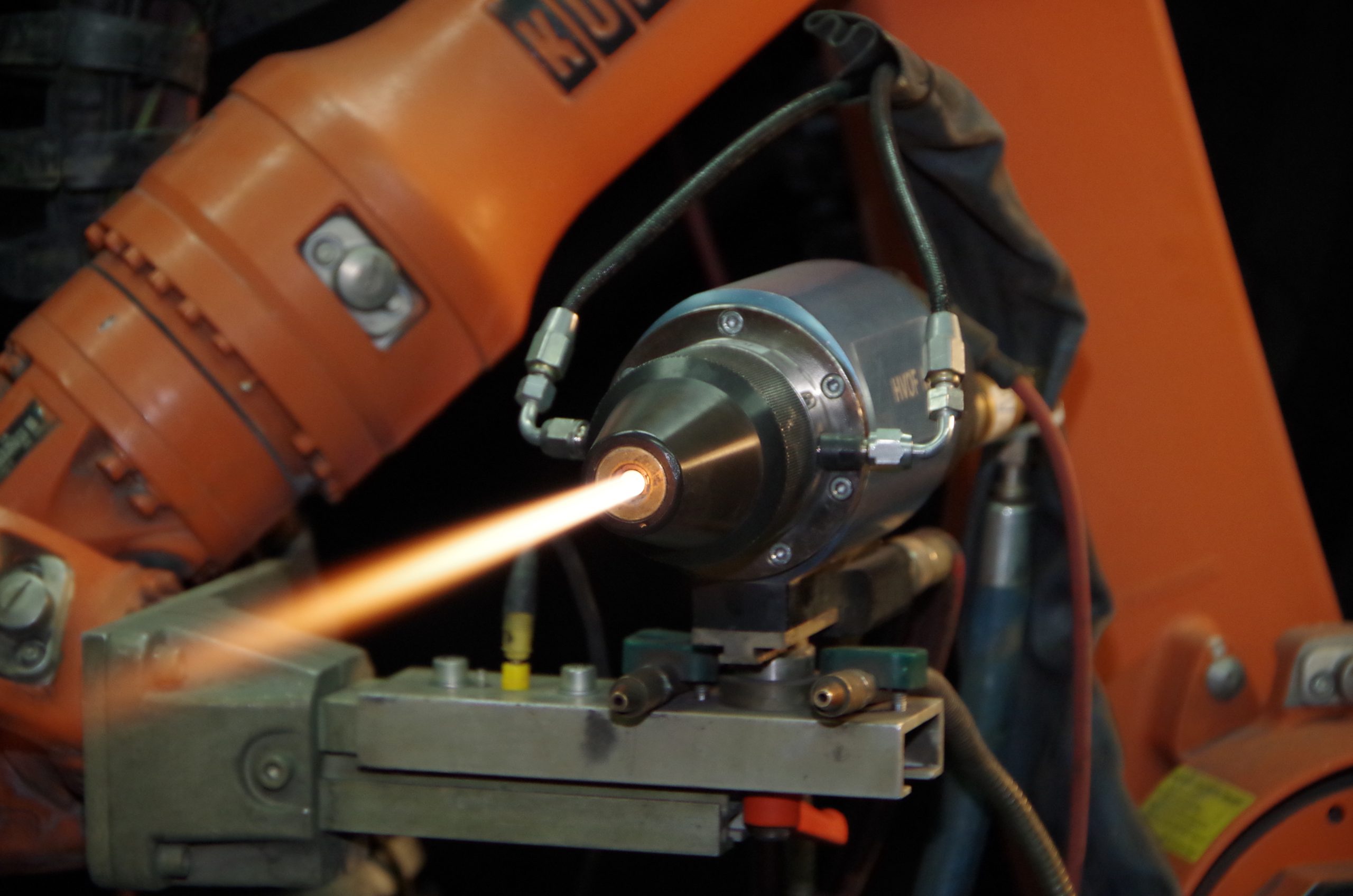EVENT DETAILS
Come and celebrate the completion of the PhD candidacy for ARC SEAM HDR’s Andre Hatem and Ting Chong Chen.
Abstracts
Advancing capabilities of multi-kilowatt off-axis Laser Metal Deposition process for Additive Manufacturing of stainless steel for industrial applications
This study investigated the potential of multi-kilowatt off-axis Laser Metal Deposition (LMD) as a method of 3D printing robust metallic elements. By optimizing processing parameters, including laser power and scan beam settings, the study successfully produced 3D stainless steel structures suitable for industrial applications. These structures exhibited consistent mechanical properties, reduced residual stresses, and superior wear and corrosion resistance compared to conventionally fabricated counterparts. Post-processing heat treatment has further adjusted the mechanical properties of the LMD stainless steel material, making it suitable for repair or modification of industrial gear components. These findings confirm the viability of LMD for remanufacturing industrial parts and highlight the benefits of using high power off-axis LMD techniques in metal Additive Manufacturing.
Examining the Role of Copper in Electrofusion Couplings: Implication for PE100 Pipe Durability
High-density polyethylene (HDPE) pipes are widely used in irrigation, sewerage, and transmission pipelines for gas and potable water. PE100, a high-strength, lightweight HDPE material, is increasingly favoured for its excellent corrosion resistance and long service life. Designed to last a minimum of 50 years, PE100 pipes can withstand moderate pressure, high temperatures, and UV exposure, making them ideal for outdoor use. Electrofusion welding, a common technique for joining HDPE pipes, uses heat from resistive wire to create a permanent weld. However, copper resistive wires in these joints can accelerate HDPE’s natural aging process, risking premature failure. The lack of literature on copper’s effect on HDPE degradation necessitates further research. This study assesses the impact of copper resistive wire within electrofusion joints on the long-term integrity of PE100 pipes. During the study, two types of HDPE samples, research-grade HDPE and commercial PE100 pipe, were artificially aged in an air-circulated oven to accelerate the degradation process. FTIR results revealed that copper influenced the degradation response of both HDPE samples. The research showed that research-grade HDPE is more susceptible to copper-catalysed degradation than commercial PE100. However, no significant oxidative degradation was detected in copper-containing electrofusion joints.
About the speakers
Andre Hatem
Andre Hatem is an experienced Mechanical Engineer holding a PhD in energy and advanced manufacturing. He specializes in advanced manufacturing and surface engineering at the Future Industries Institute (University of South Australia). As an UniSA adjunct, he engages in research and consultancy activities, collaborating with industry partners to bolster Australia’s manufacturing sector. In his recent project at the Australian Research Council (ARC) Industrial Transformation Training Centre in Surface Engineering for Advanced Materials (SEAM), Andre focused on applying additive manufacturing and surface modification through laser cladding. The research facilitated the production of structurally sound 3D-printed stainless steel parts suitable for large-scale industrial use. Recently, Andre joined the defence working force at ASC, where he supports the construction and sustainment of Australia’s submarine capabilities.
Ting Chong Chen
Ting embarked on his research journey in 2016 as a traineeship student at the Material Engineering Group within the Future Industries Institute (FII) at the University of South Australia (UniSA). His work with conducting polymer fabrication for thin-film coating technology ignited a deep passion for research and polymer science. He furthered his academic pursuits, completing a BSc (Honours) in 2018 and earning a First Class for his continuing research on conducting polymer fabrication. In 2020, Ting started his PhD candidature with SEAM, which at the University of South Australia Node is part of the Material Engineering Group at the Future Industries Institute. Under Professor Nikki Stanford’s guidance, Ting collaborated with Santos on an industrial project investigating copper poisoning in HDPE pipes. He successfully passed his oral defence in January 2024 and is now awaiting conferring in July.
PRESENTED BY:
Mr Ting Chong Chen and Dr Andre Hatem
DATE
09 July 2024
TIME
4:00 pm - 6:00 pm (GMT+11)
Convert to Local Time
LOCATION
MM1-05, University of South Australia, Mawson Lakes Campus | https://unisa.zoom.us/j/89163977624?pwd=XZuosQWCKK7bXpM9MwGbTxnWsbby8i.1 Notes times are Adelaide time (UTC +9:30) M1-05 at Mawson Lakes Campus of University of South Australia Or online via Z00m: https://unisa.zoom.us/j/89163977624?pwd=XZuosQWCKK7bXpM9MwGbTxnWsbby8i.1
Mawson Lakes Blvd, Mawson Lakes SA 5095


